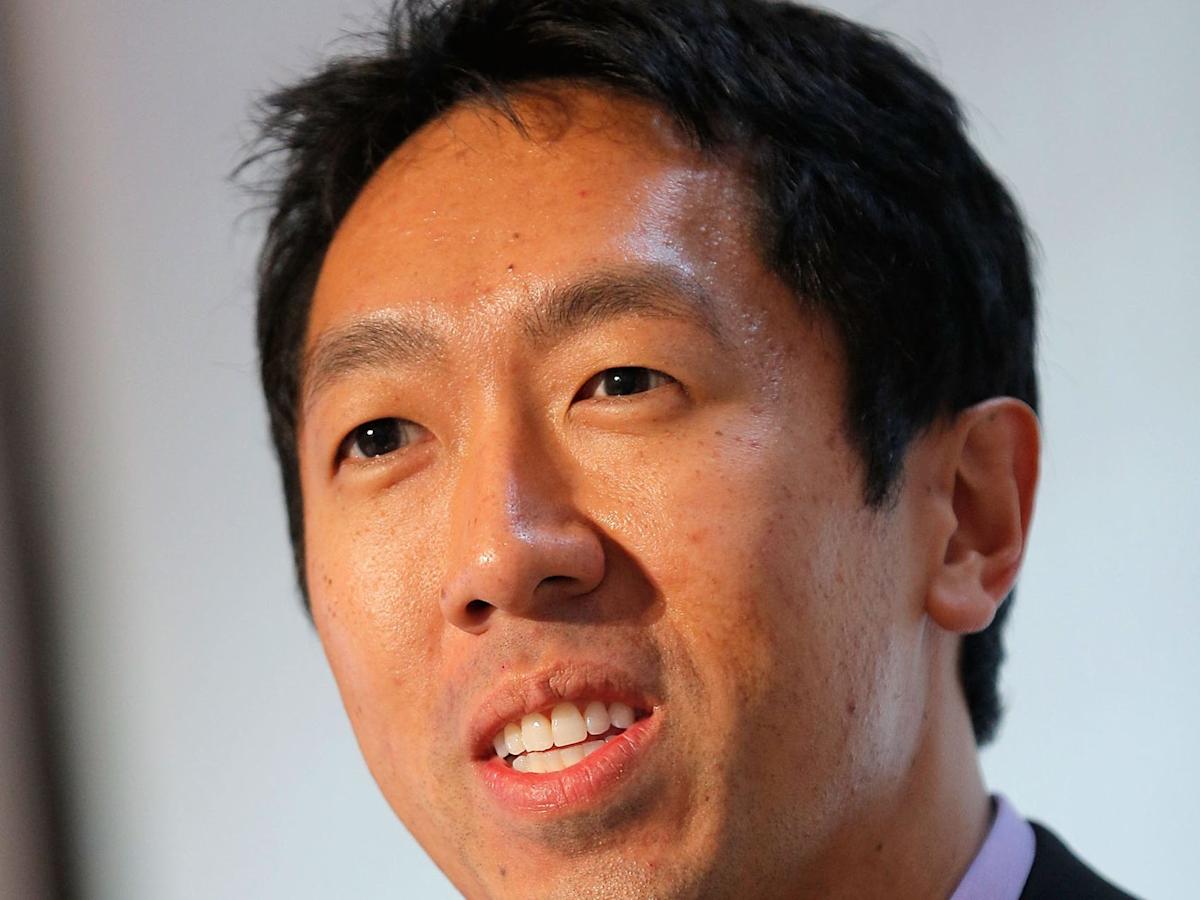Andrew Ng lays out a hierarchy of engineering talent — including who’s in trouble and who he refuses to hire
-
Andrew Ng says the AI era is revealing a hierarchy in engineering talent.
-
The Google Brain founder is blunt about the type of engineers he refuses to hire.
-
Computer science graduates who don’t know AI are “in trouble,” Ng said.
Andrew Ng isn’t shy about the kind of engineer he refuses to hire, and he says the AI era is exposing exactly who’s falling behind.
The Stanford professor and Google Brain founder broke down what he sees as a hierarchy of engineering talent on an episode of the “20VC” podcast published Monday.
The top performers are seasoned engineers who have adopted AI early and know how to leverage it effectively.
“The most productive engineers I know, they’re not fresh college grads,” said Ng, who now leads several AI-focused ventures, including AI Fund. “They are people of 10, 20 years of experience or whatever, and really on top of AI,” he added.
These engineers “move faster than anything the world has seen even one or two years ago,” Ng said.
Just below them are fresh college graduates who learned AI tools through “the social network community,” and Ng said he has hired a few of them.
“We can’t find enough of them,” Ng said, referring to these college graduates who really know AI. “So many businesses love to hire those fresh college grads.”
Beneath that group are experienced developers who had a “comfortable job” and are still “coding like it’s 2022,” before AI rewired how software is built.
“I just don’t hire people like that anymore,” Ng said. “Those people may get into trouble at some point.”
At the bottom of the hierarchy are new computer science graduates who never learned AI at all, “which is the tier that is in trouble.”
University curricula haven’t kept pace with industry needs, and schools should be training computer science majors on the core AI building blocks that software engineers are expected to know, Ng said.
“Imagine graduating a CS undergrad that has never heard of cloud computing,” Ng said. “That’s a cohort of students entering the job market that’s really struggling.”
Ng’s remarks come amid a growing debate in Silicon Valley over who will thrive — and who will struggle — as AI reshapes the workforce.
Some industry leaders say younger workers may actually be better positioned for the transition than their older counterparts. OpenAI CEO Sam Altman said that he’s far more concerned about how workers later in their careers will cope with the rapid adoption of AI.



Leave a Comment
Your email address will not be published. Required fields are marked *